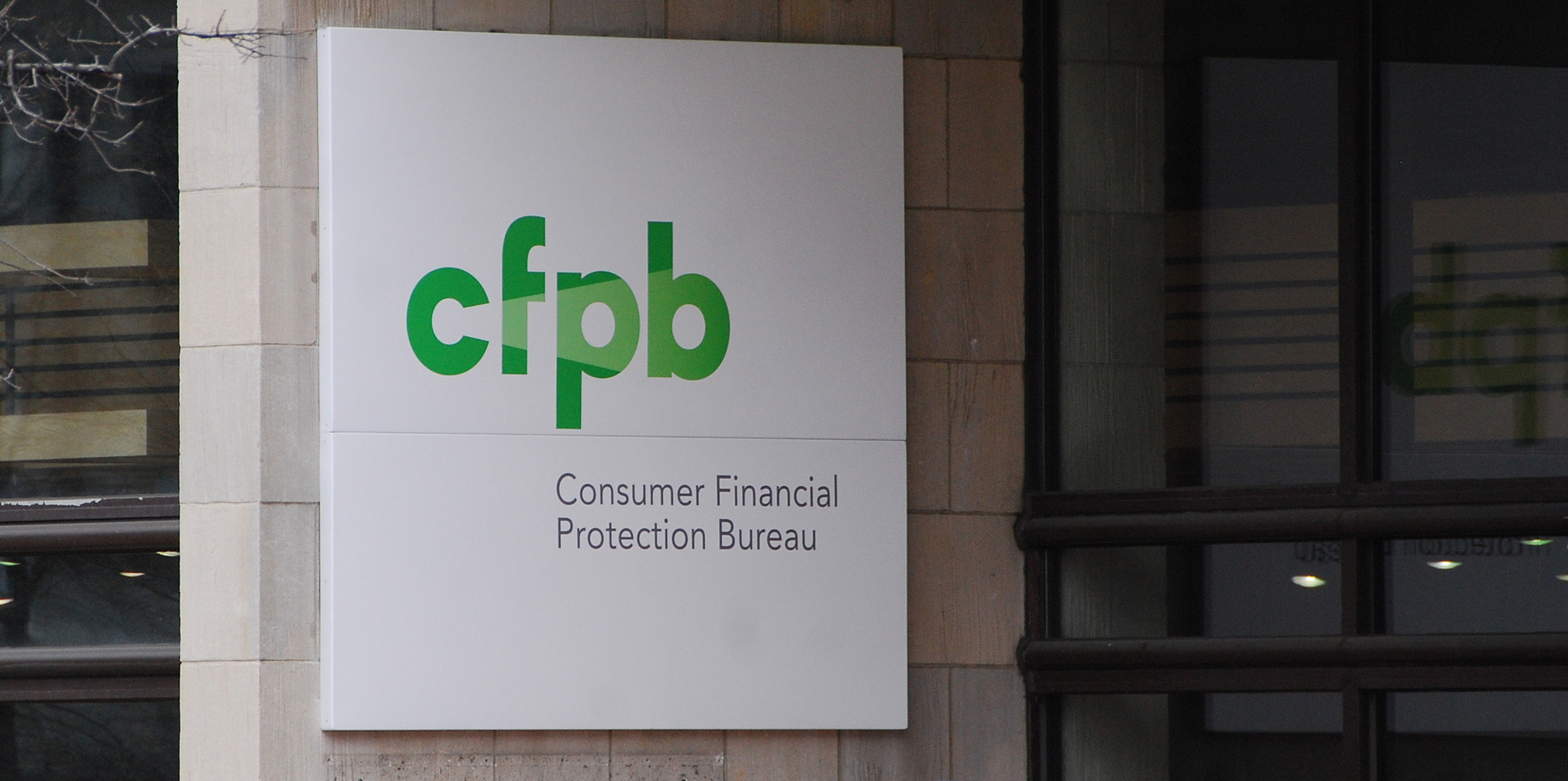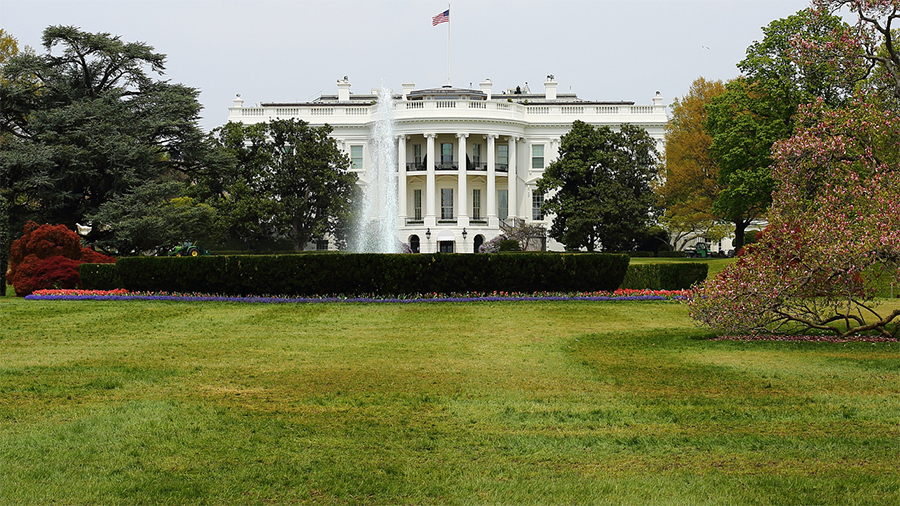Homeopathic medicine is a billion-dollar business, with some of the biggest names in retail selling treatments that contain few — or no — active ingredients, like the CVS brand “Homeopathic Constipation Relief” that is nothing more than a 40-proof mixture of alcohol and water. In spite of the lack of actual medication or supporting evidence, some products still make claims that they can actually treat ailments or relieve pain. Now the federal government is confirming that homeopathic items will be held to the same standards as other products on drugstore shelves. [More]
Government Policy

SEC Chair To Step Down When Trump Takes Office
While the world waits to see what happens to the leadership and policies of the Consumer Financial Protection Bureau, the head of another federal financial regulator has made it clear that she will be stepping down after President Obama leaves office, even though she could have stayed on in the office for several more years. [More]

NHTSA: New Hybrid, Electric Cars Must Make Noise So Pedestrians Hear Them Coming
Even if car doesn’t have an engine to rev, it still has to make enough noise to warn pedestrians that it’s coming. So says the National Highway Traffic Safety Administration, which just released a new rule that says all hybrid and electric vehicles have to produce an audible sound when traveling at low speeds. [More]

Future Looks Dim For Consumer Financial Protection Bureau Under Trump Presidency
On the campaign trail, President-elect Donald Trump made his disdain for the 2010 Dodd-Frank financial reforms clear, leaving many to wonder what a Trump White House would mean for the Consumer Financial Protection Bureau — the financial services regulator created by the 2010 legislation. Now that pieces are beginning to fall into place for the Trump transition plan, the outlook for the CFPB does not appear very bright. [More]

Facebook Tweaks Its “Ethnic Affinity” Advertising Feature To Address Discrimination Concerns
After coming under fire for allowing advertisers to use race-related information to exclude entire swaths of Facebook users from seeing an ad, the social media company has decided to tweak this feature to address concerns that it could be used to illegally discriminate against people based on their perceived ethnicity. [More]

Amazon Must Issue Refunds, Not Gift Cards, To Parents Unfairly Billed For Kids’ In-App Purchases
Back in April, a federal court ruled that Amazon had not done enough to alert Kindle Fire owners — and users of Amazon’s Android appstore — that “Free” apps could still allow kids to make costly in-app transactions, but the ruling left unresolved exactly how much Amazon would need to pay to make customers whole again. Yesterday, the judge in the case determined that wronged Amazon customers must need to actively claim their refund, and that Amazon could not pay the refund in site credit or gift cards. [More]

Customer Sues Charter, Time Warner Cable Over “Broadcast TV” Fees; Doesn’t Seek Monetary Damages
Last month, Comcast customers accused the cable company of illegally using its “Broadcast TV” and “Regional Sports” fees to raise customers’ bills by as much as $10/month. Now a customer of the recently merged Time Warner Cable and Charter Communications is accusing the providers of breaking the law by using similar fees to hide rate hikes while implying to subscribers that these surcharges are required by the government. [More]

Controversial Soda Tax Coming To Chicago After County Board Vote
Two days after voters in four different cities approved local taxes on sugary beverages, the county board for Cook County, IL – home to Chicago — has narrowly okayed a $.01/ounce tax, making this the largest single market to try to curb obesity while fattening the municipal coffers. [More]

Feds Accuse NetSpend Of Misleading Customers About Prepaid Debit Cards
NetSpend, one of the nation’s largest providers of prepaid debit cards, has been accused of violating federal law for allegedly misleading users into believing that funds loaded onto these cards will be available immediately, while some users say they had to wait weeks or were never able to access their funds. [More]

Reports: Trump Considering Chase CEO He Once Dubbed “Worst Banker In U.S.” To Head Treasury
President-elect Donald Trump and his transition team are now in the process of selecting cabinet members and other top officials that will run many federal agencies under the direction of the White House. According to new reports, one of the names under consideration for Treasury Secretary is banker who Trump has slammed publicly in the past. [More]

Another Set Of Colorado Counties Vote To Toss Restrictive Law, Permit Municipal Broadband
Part of the reason broadband competition is so dang hard to come by for millions of us? Protectionist, industry-backed laws that make it either obscenely difficult or outright illegal to start a public network. Colorado is one of the states with such a law on the books, but voters in the Centennial State are once again saying they’d rather municipal networks had a chance. [More]

South Dakotans Vote To Cap Payday, Auto-Title Loan Interest Rates At 36%
More than a dozen states and the District of Columbia currently prohibit payday lenders and other short-term loan companies from charging exorbitant interest rates on their financial products. Last night, the residents of South Dakota added their state to that list, voting to cap interest rates on short-term loans at 36%. [More]

One State & One City Voted To Eventually Do Away With Sub-Minimum Wages For Tipped Workers
If you’ve never worked in the foodservice or hospitality industry, you may not know that employees who rely on tips often earn base pay that is significantly less than minimum wage (the federal minimum is currently $2.13/hour). Tips can certainly add up to much more than the minimum wage, but they can also be cyclical and unpredictable, which is problematic for people living paycheck to paycheck. Yesterday, voters in one state and one city decided it was time to phase in wage increases that will eventually get tipped workers earning base pay that is at least the minimum. [More]

From Healthcare To Financial Protection: How Will The Trump White House Affect Consumers?
Elections always bring change; some more so than others. With yesterday’s results in the box and tallied, we now know that we are expecting not only a Trump administration next January, but also to have both houses of Congress and the White House all aligned under control of the same political party. That means that for at least two years, until the next midterm elections, the party in charge — in this case, the Republicans — has the ability to push through changes to policy and law, and we can expect it to do so. [More]

Recreational Marijuana Use Just Got Legalized In A Bunch More Places
Yesterday, voters in nine states voted on ballot initiatives related to marijuana — decriminalizing it, regulating it, taxing it, or legalizing for either medical or recreational marijuana use. So who voted yay, dude, and who voted nay? [More]

Senators Urge Mylan To Reimburse Defense Department For EpiPen Overcharges
A week after a report suggested that the Department of Defense had paid full retail price for EpiPens — to the tune of $54 million in overcharges — because the drug’s maker, Mylan, misclassified the live-saving medication, preventing the government from receiving proper rebates, lawmakers are calling on the drugmaker to reimburse those costs. [More]

Court: Nursing Homes Can Continue Stripping New Residents Of Their Right To Day In Court
In September, the federal Centers for Medicare & Medicaid Services (CMS) issued a new rule that would prevent most nursing homes and other long-term care facilities from using forced arbitration to strip new residents of their right to file lawsuits against these companies. The industry soon fired back by doing the very thing it doesn’t want its customers to do: filing a lawsuit. This morning, the judge in the case granted the industry’s request for a preliminary injunction preventing the new rule from being enforced. [More]



